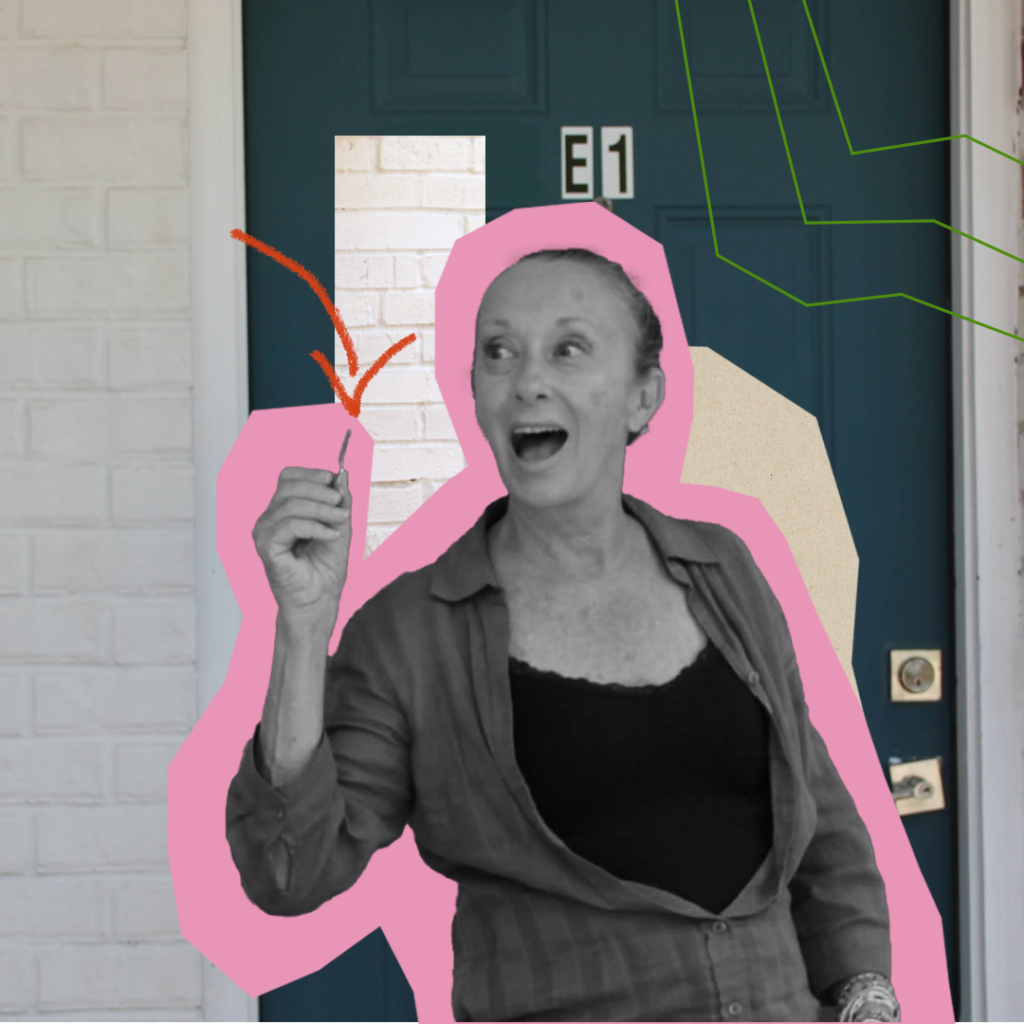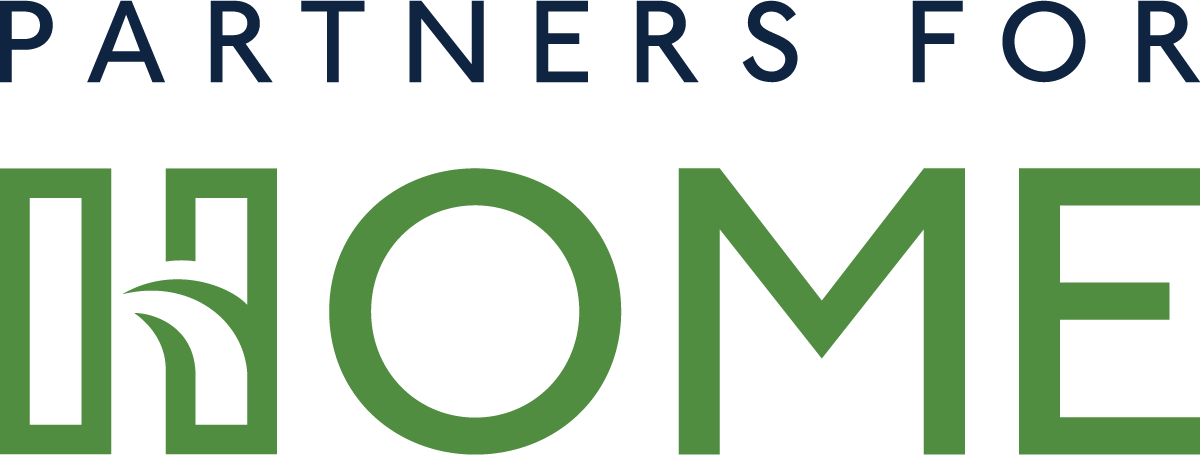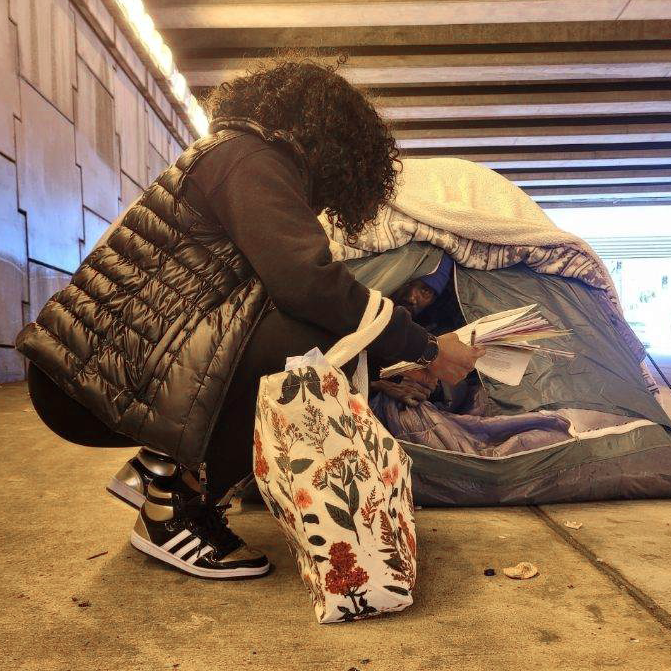HB 295 -This is a bill that we are opposing. It provides for property owners and those renting property to be able to demand a refund of property taxes if the city or county adopts a policy as a sanctuary city, or adopts a policy, pattern, or practice of failing to enforce criminal laws against homeless people for public camping, loitering, obstructing thoroughfares, panhandling, public intoxication or urination. The owner can seek annual compensation equal to the expenses they incurred in mitigating the effects of the city’s failure to enforce criminal laws or the reduction in the fair market value of the property that resulted, plus attorney’s fees and costs.
Status and Next Steps: Unfortunately, this bill passed the House Public Safety Committee and is now with the House Rules Committee. Contact members of the House Rules Committee to express your opposition to this bill and ask them not to include it on the House calendar for a floor vote, especially if you are a constituent of any of the members of the House Rules Committee or you have some experiences or data to share about this issue. You can find your legislator by entering your home address here.



